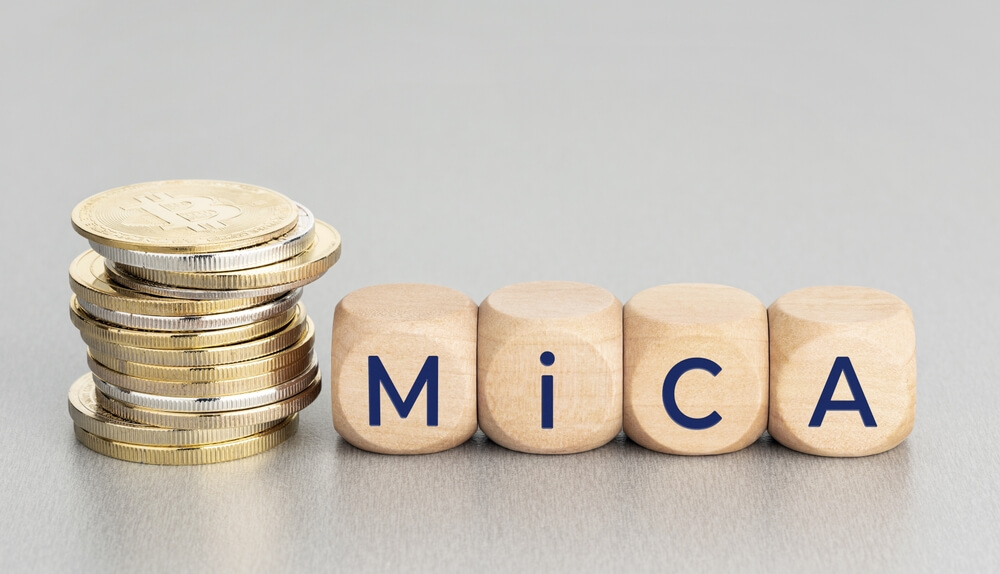The European Parliament’s approval of the Markets in Crypto Assets (MiCA) bill has been widely praised by many in the crypto industry.
The MiCA bill is aimed at creating a consistent regulatory framework for crypto assets across the European Union member states.
The bill still requires approval from the European Council before final passage, and EU lawmakers will conduct legal and linguistic checks before publishing the bill in the EU journal. However, if all goes well, the bill could go into effect as early as 2024.
The passage of the MiCA bill has been welcomed by many industry leaders and policymakers, who see it as a pragmatic solution to the challenges faced by the crypto industry.
Changpeng Zhao, CEO of Binance, has already stated that he will begin implementing changes to the exchange to comply with the potential new framework within the next 12 to 18 months.
Many in the crypto industry have also targeted the United States for seemingly falling behind in digital asset regulation, suggesting that the implementation of MiCA could drive companies to the EU.
The passage of the bill has led to discussions about the need for regulatory clarity across the globe, following the crypto market crash and bankruptcies of high profile firms.
EU Commissioner for Financial Stability Mairead McGuinness has praised the MiCA bill, stating that EU lawmakers are ahead of many other jurisdictions in regards to crypto regulation. Over 500 members of parliament ended up voting in favor of MiCA, showing strong support for the bill.
Christine Lagarde, president of the European Central Bank, has also suggested the need for a broader framework in response to the collapse of FTX, proposing a “MiCA II” in the future.
The MiCA bill represents a significant step forward for the regulation of crypto assets in the EU, and could pave the way for further developments in the future.
MICA Crypto Bill
In conclusion, the approval of the MiCA bill by the European Parliament has been widely praised in the crypto industry as a pragmatic solution to the challenges faced by the industry.
The bill aims to create a consistent regulatory framework for crypto assets across EU member states, and if approved by the European Council, could go into effect as early as 2024.
The passage of the bill has also led to discussions about the need for regulatory clarity across the globe, and could drive companies to the EU. Overall, the MiCA bill represents a significant step forward for the regulation of crypto assets in the EU.
